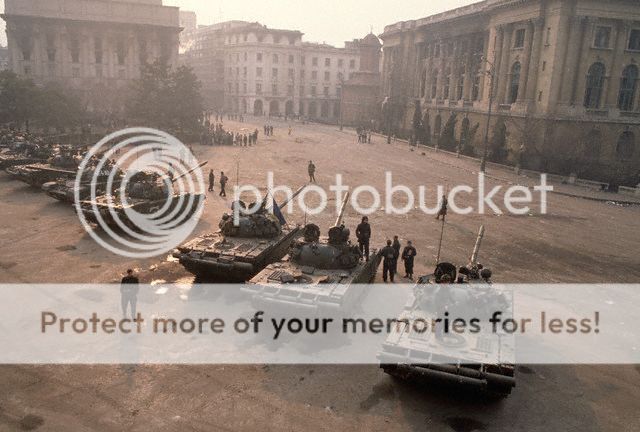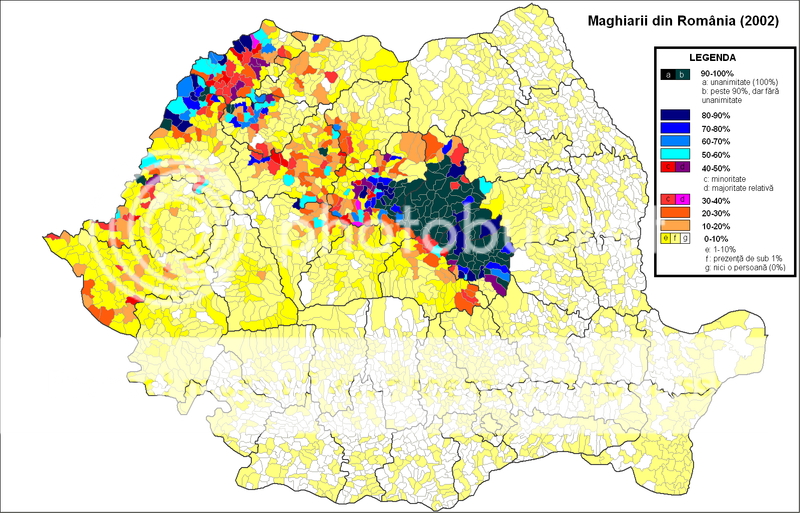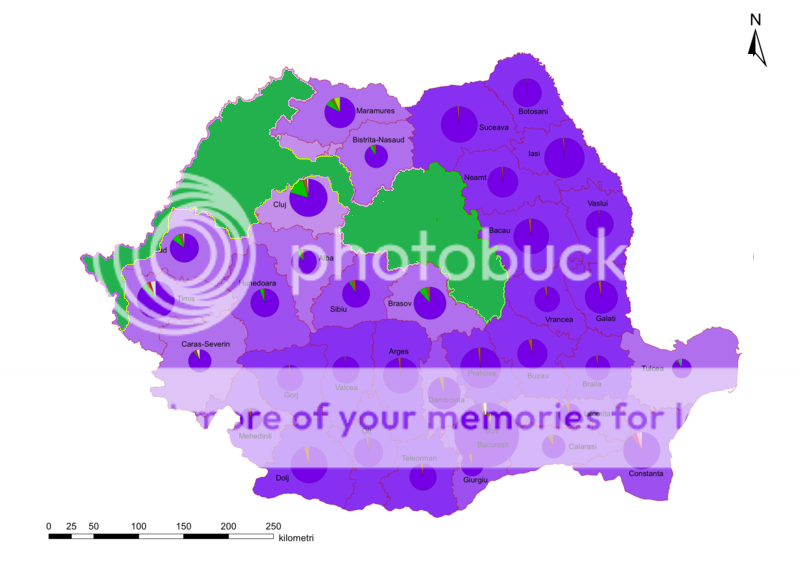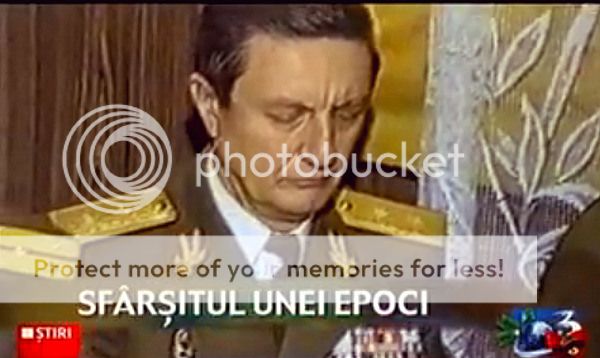You know everyone, I am in a unique place in this TL right now. I have about a dozen irons in the fire, but unlike with previous posts, I am much more flexible as to my timetable and I am not currently on a set specific story line. So, with that being said, what says the AH? Where should the next two or three updates focus on and what would you guys like to see next? I realize I left a few questions unanswered (Lithuania, Romanian civil war, etc.) so I think I'm going to spend a few updates to tie up some loose ends.
With that being said I am still in the research stage of a Uzbekistan-Turkmenistan update so that will need some more time and I won't do an update on that right away...
I would like to see updates on the Crimean Tartars, possibly one to do with Armenia and maybe something about how the Armenian Genocide is dealth with?




